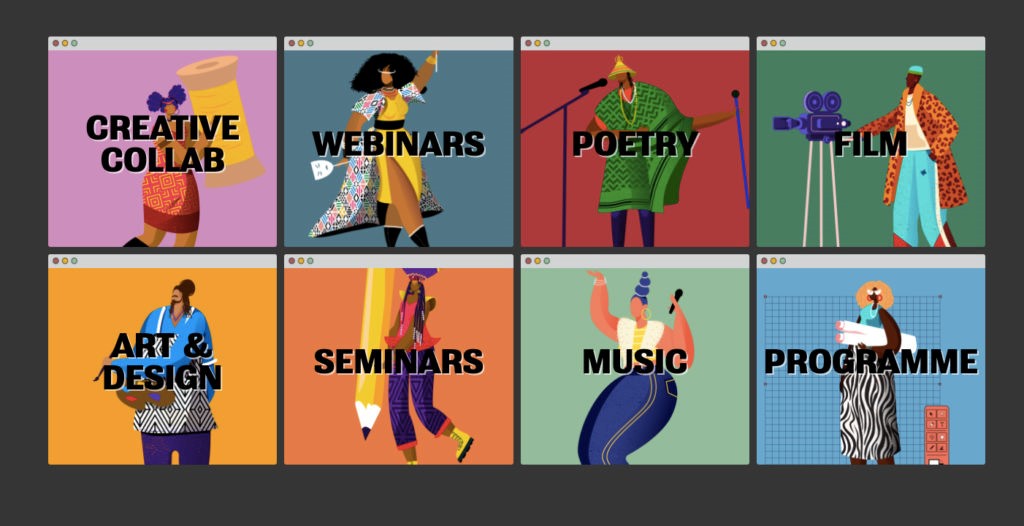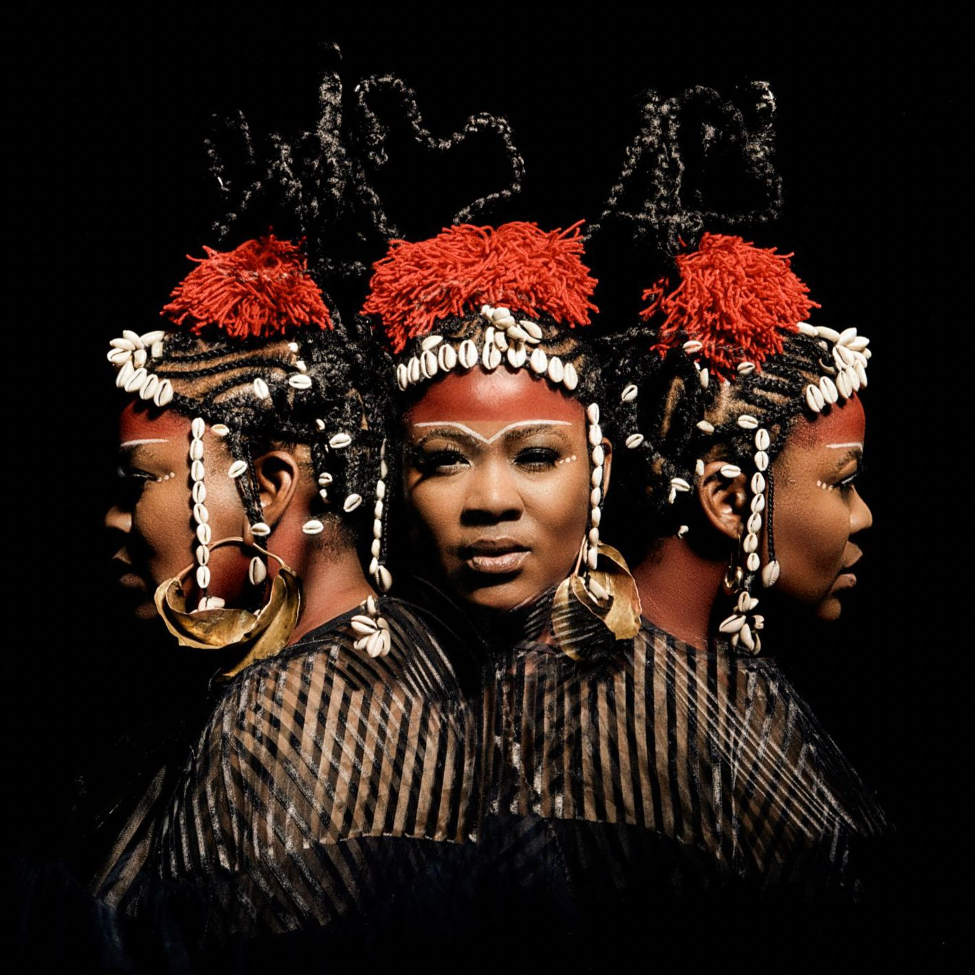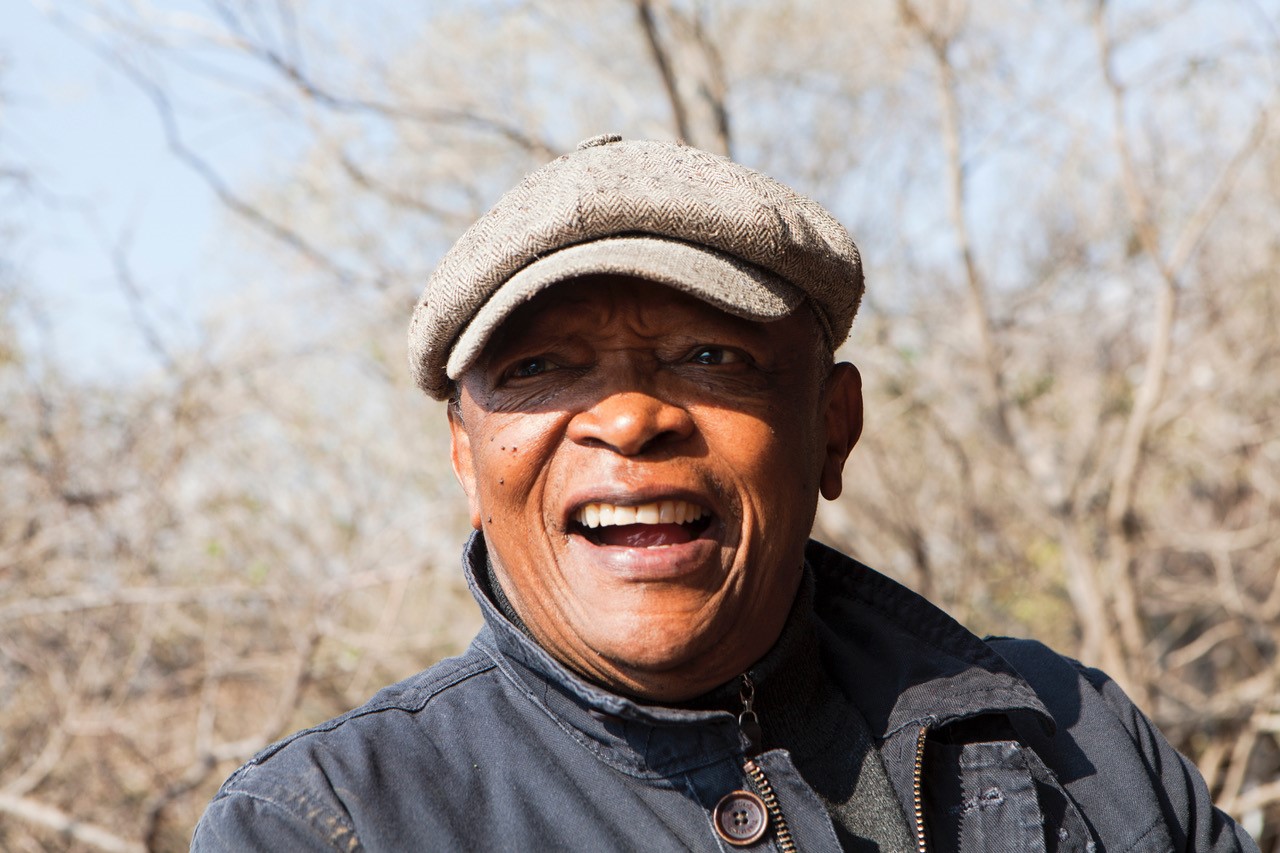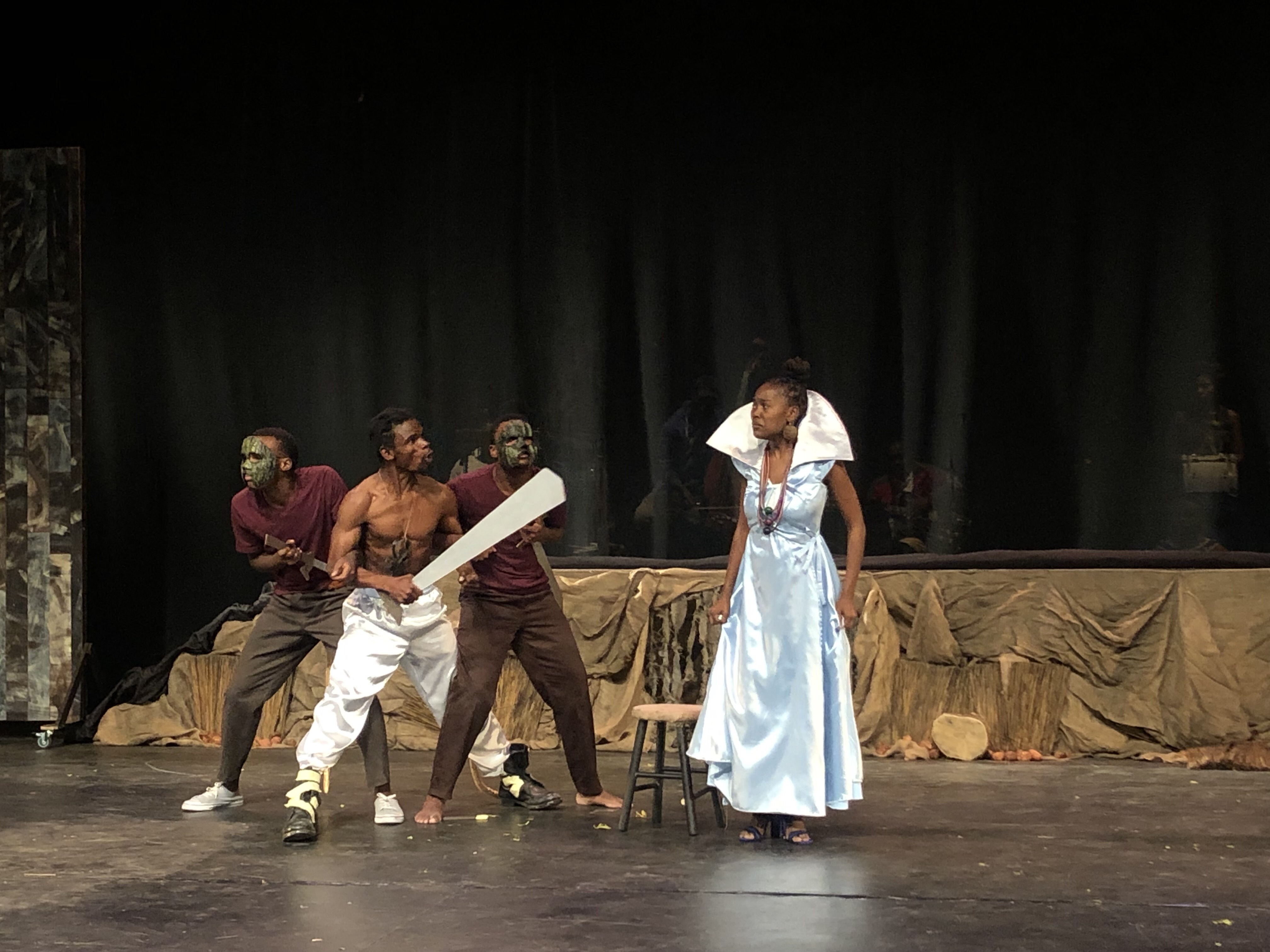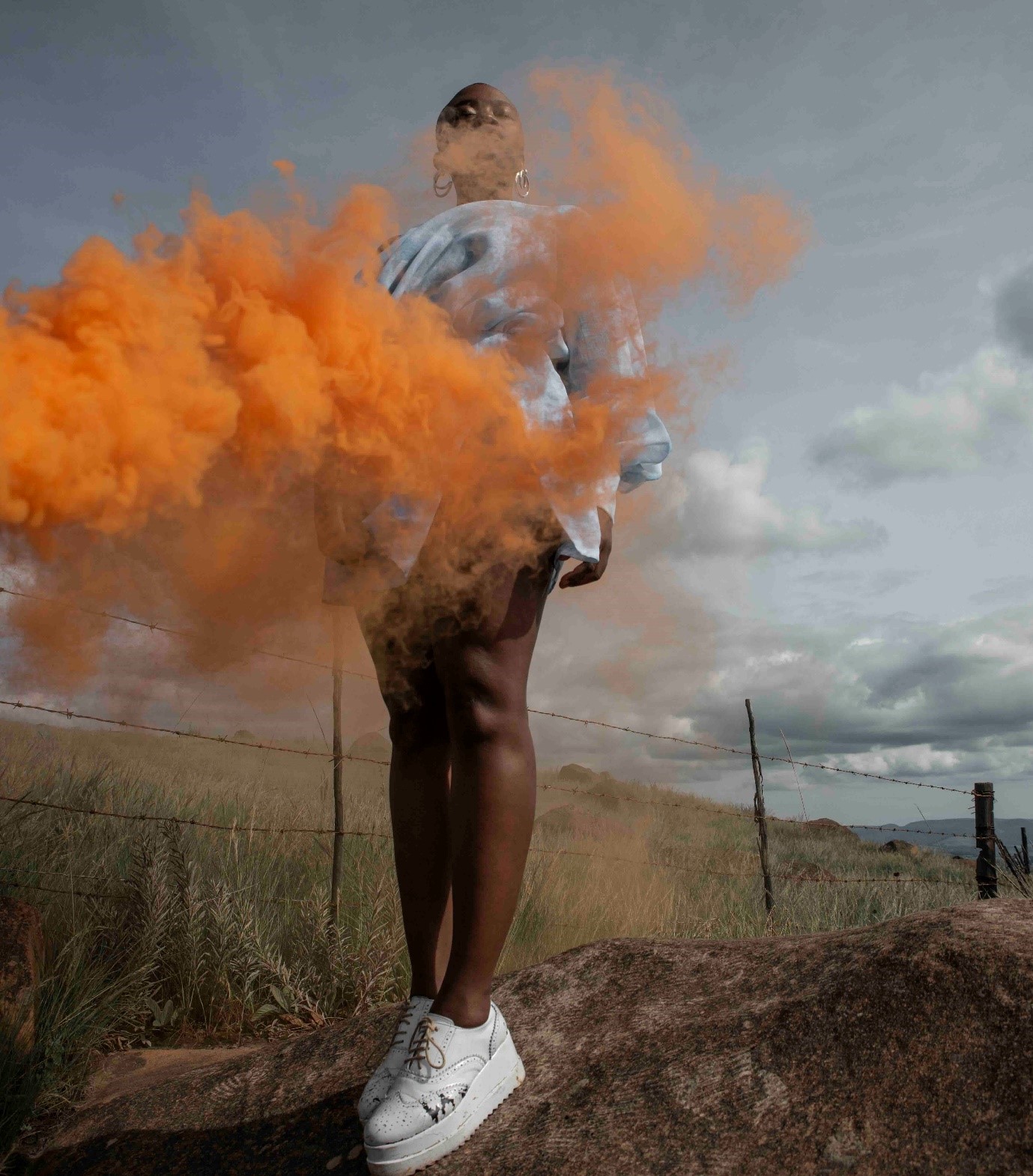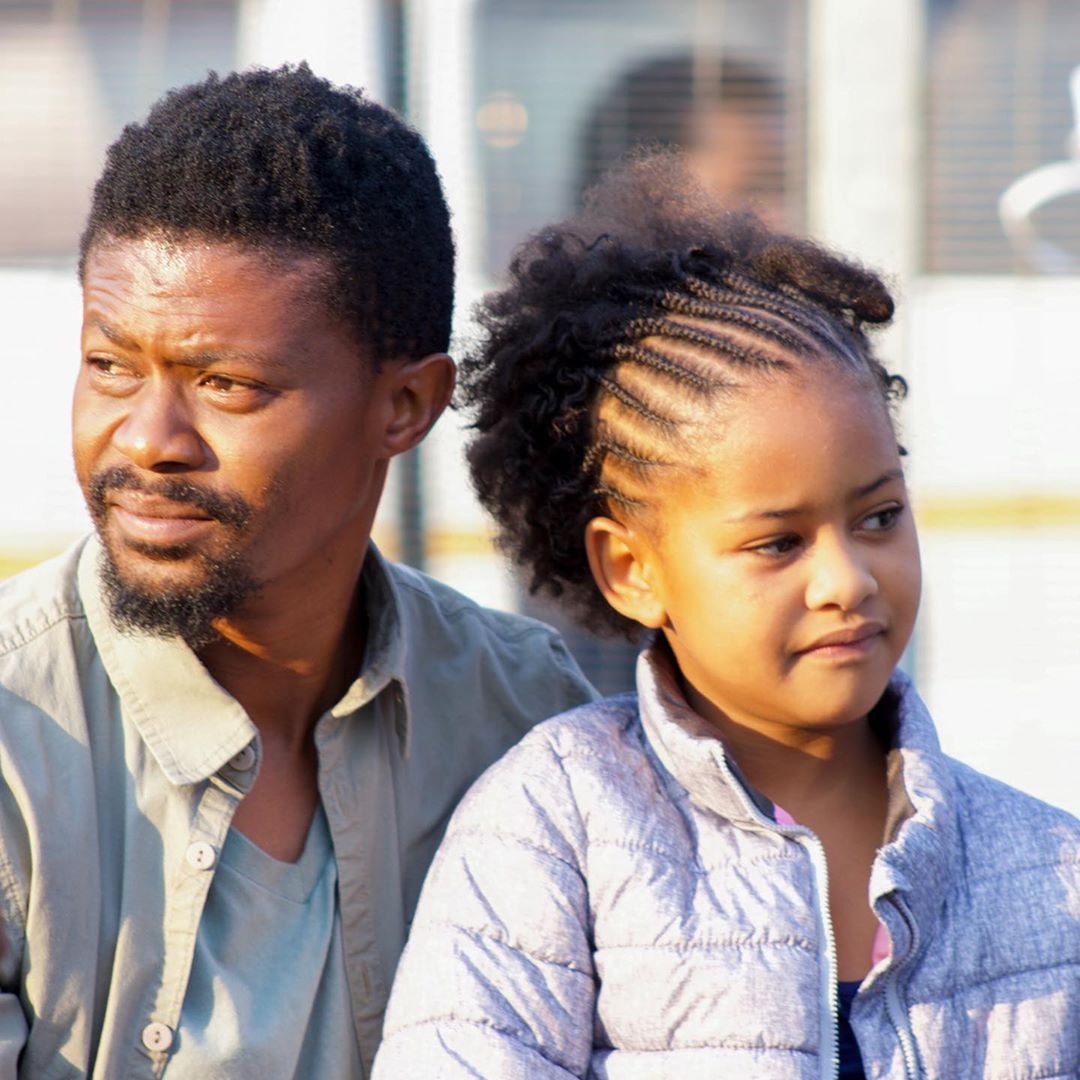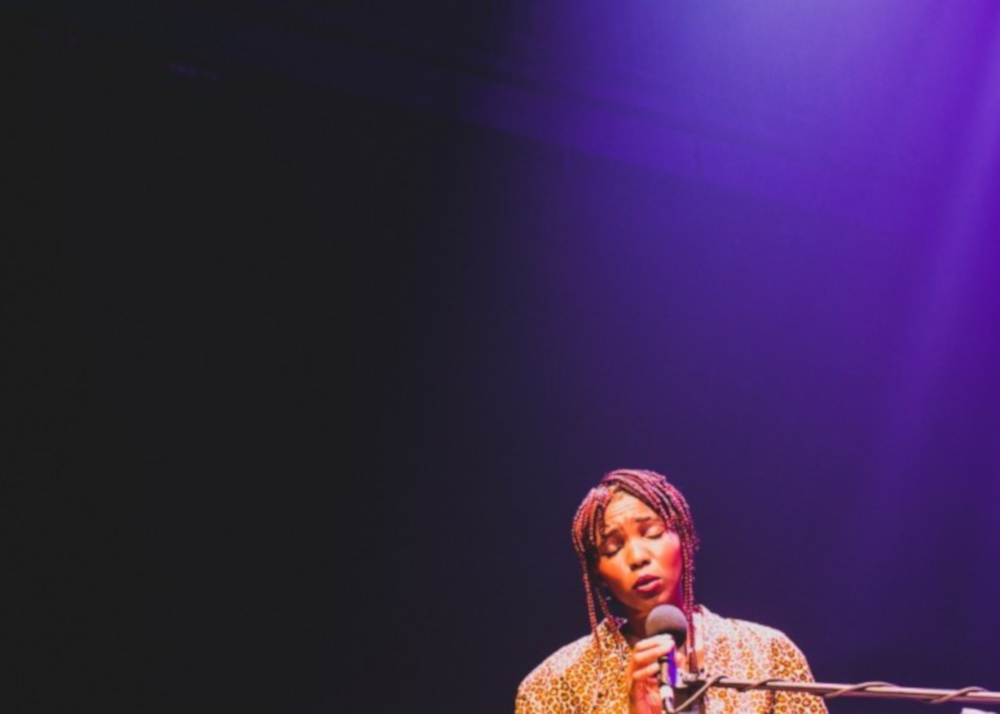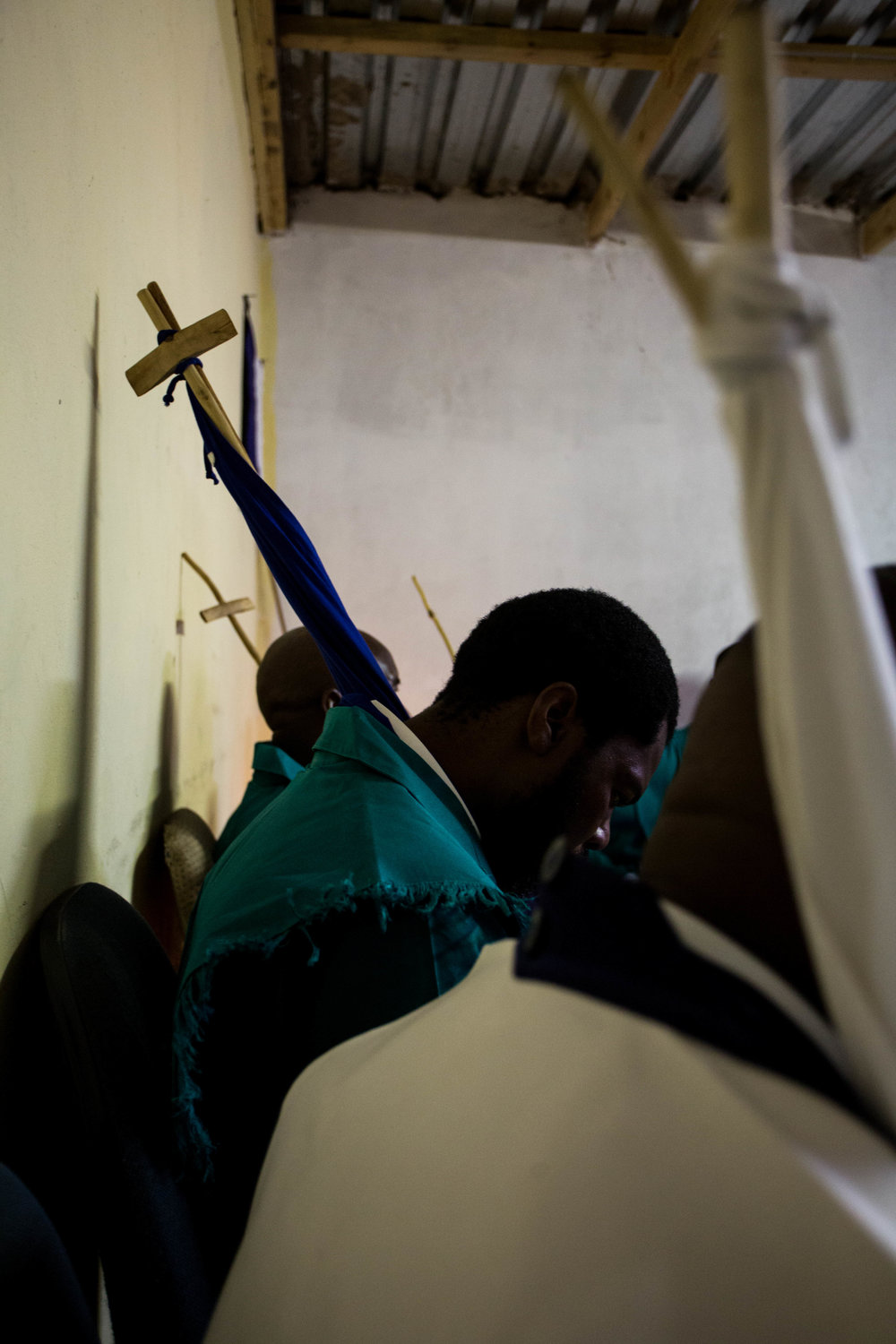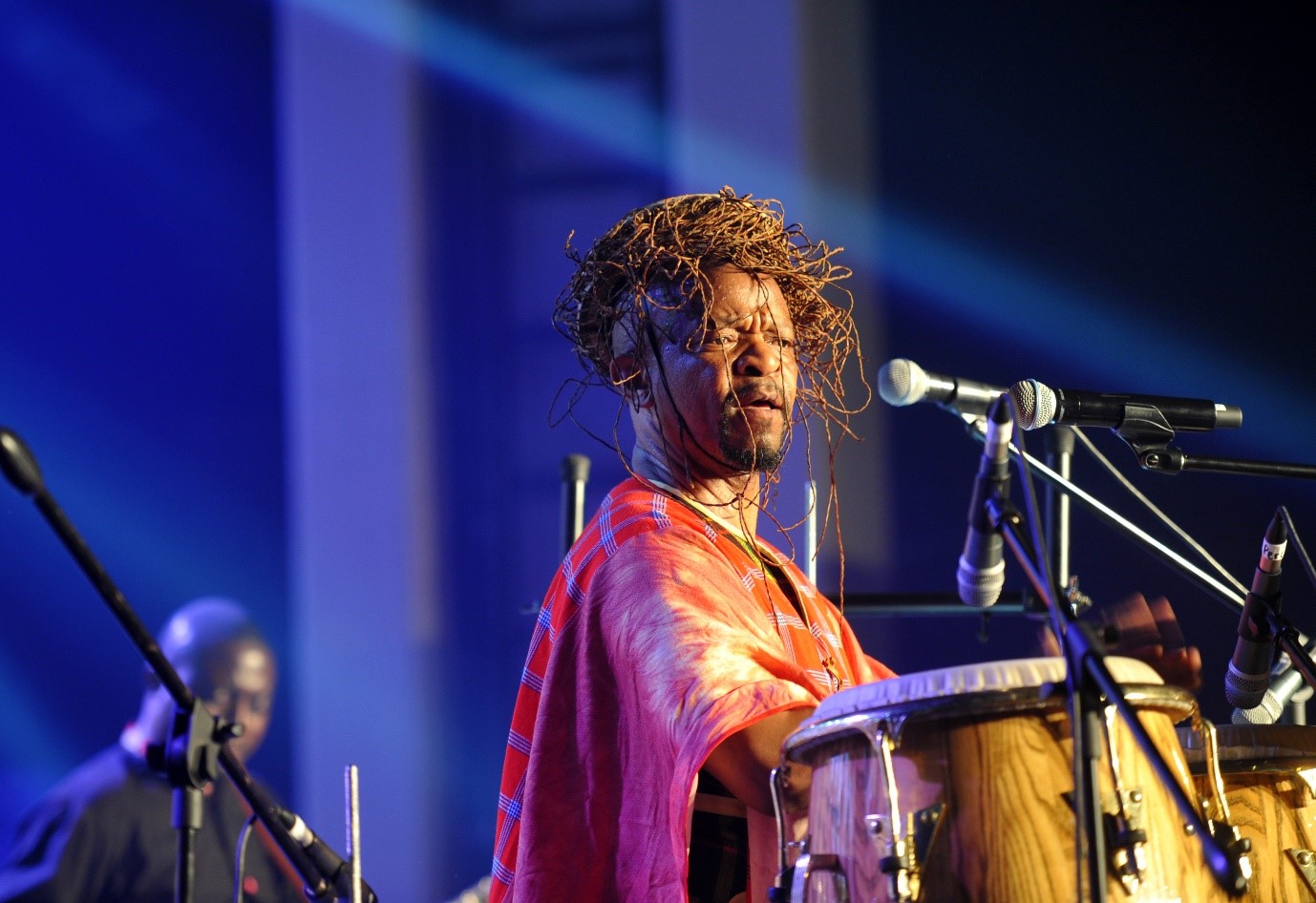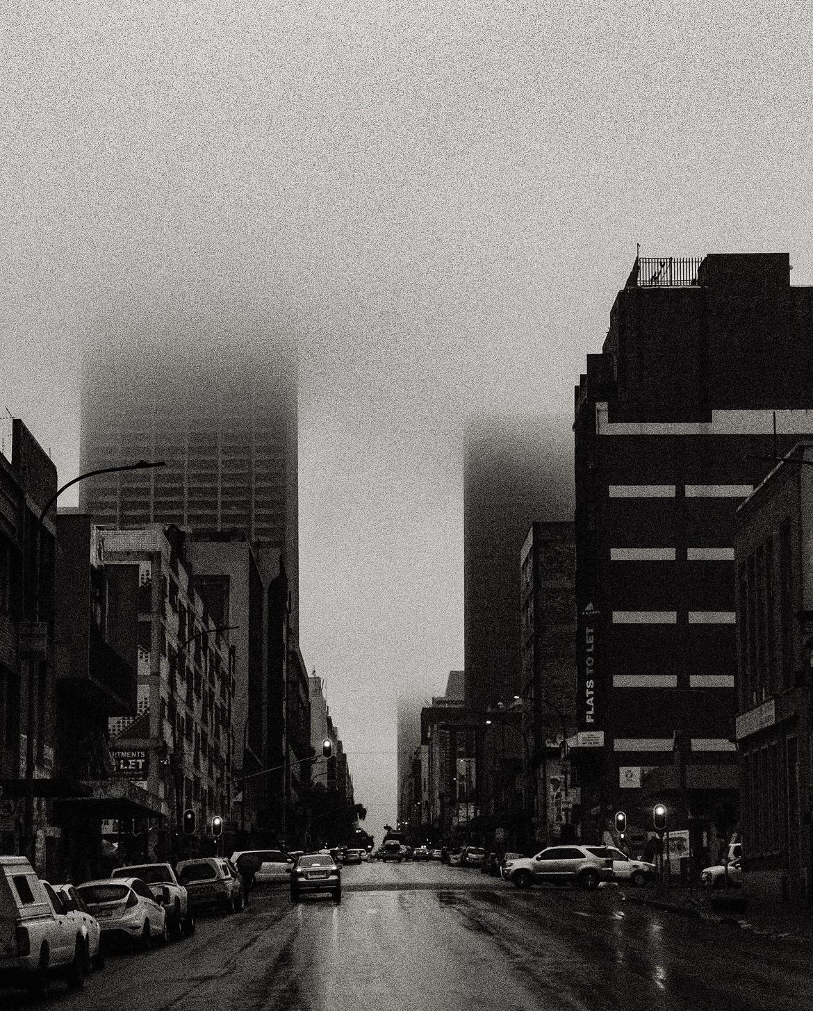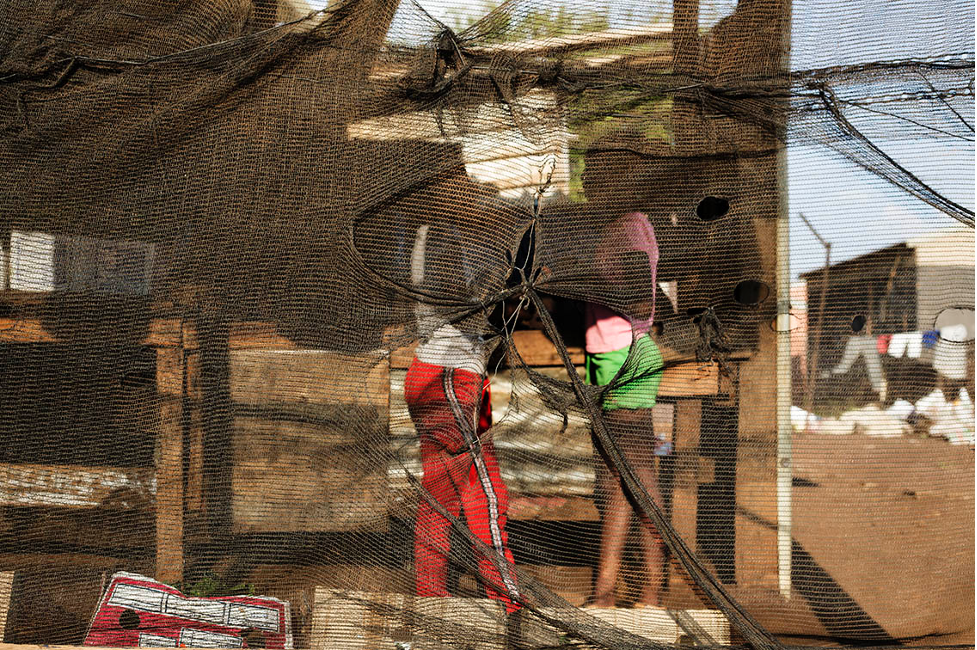In 2014 Makhafula Vilakazi released the critically acclaimed album “I Am Not Going Back To The Township.” The album features Samthing Soweto, Impande Core and Poet Khanyi Magubane. Makhafula Vilakazi says his first project was about “re[de]fining the black person’s identity by scrutinizing history and the effects of historical events on Black Africans”.
On Makhafula Vilakazi:
“Makhafula Vilakazi conjures entire worlds, not mere words, when he spits. The fact that his persona (his birth name is Matodzi Gift Ramashia) grew from a poem he wrote goes some distance in explaining how much he embodies.” – Kwanele Sosibo, Mail & Guardian/ Mushroom Hour Half Hour
“I don't think I have encountered verse that captures the brutality of the township experience in the way Makhafula Vilakazi does in his poem, I Am Not Going Back to the Township. In it, all our terrors, anxieties and nightmares about the township that limpidly lie hidden in the folds of the yarns told about the rainbow nation suddenly rise, erect and threatening.” – Percy Zvomuya, Mail & Guardian.
“Poet Makhafula Vilakazi is tired of living in the shadow of Shakespearean poetry. Born Matodzi Ramashia in Chiawelo, Soweto, Makhafula has created a brand of poetry that sees him delivering his rap inspired lyrics in township slang.” Mduduzi Nonyane, Daily Sun
“Concerning Blacks relays a deep concern with black living. It is not a mere concern for blacks. It is concerned with blackness itself. Njabulo S. Ndebele said the pity with protest literature during apartheid was that it became the work of spectacle. His seminal essay Rediscovery of the Ordinary called for exactly that, a recollection of the everyday living of people through these times. The concern that Vilakazi shows with the detail of the real words and tones and sounds of the personas that he writes, is a precise rediscovery of the ordinary. Vilakazi’s monologues are poetic acts with a quality of being enchanted with the detail of real life. It is the poetry in the everyday reality that makes these poems protest literature of the highest calibre. The protest brings the mass issues, for which the names of struggle icons are invoked, home to where the struggle is also lived; by those who die unknown.” Nondumiso Msimanga, Culture Review/ nondumisomsimanga.wordpress.com


